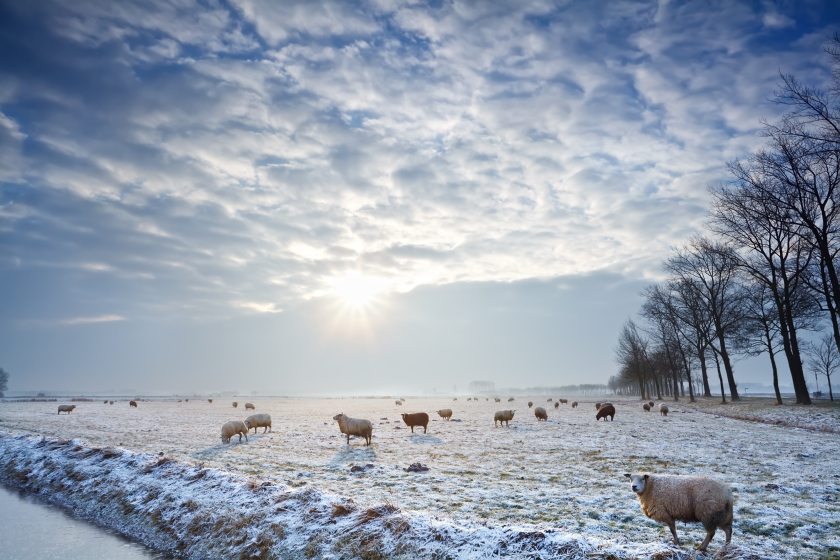
Farmers have been issued a warning on the risk of plant poisoning in sheep this winter, particularly due to ornamental garden plants.
The Agri-Food and Biosciences Institute (AFBI) has given sheep producers a warning on the risk of certain plants to their livestock.
The majority of outbreaks of poisoning by plants in sheep occur over the winter months when grass is scarce.
The most common plants the institute has seen in poison cases are those of the Ericaceaea family which include Azaleas, Rhododendron and Pieris species such as 'Forest flame'.
Pieris spp in particular account for a large proportion of cases submitted for post mortem, the AFBI explained.
These plants contain the toxin acetylandromedol, a substance which is very poisonous to sheep.
Poisoning due to Ivy can also occur in sheep, it added, and whilst it is used in livestock as a traditional folk tonic, ingestion of large quantities can cause death in sheep.
"Clinical signs of plant poisoning in sheep occur a few hours after ingestion. The animal will become dull, salivate and may vomit," the institute said.
"The animal may develop obvious abdominal pain and may develop nervous signs if it lives long enough. Frequently, the animal will become recumbent and die."
There are no specific antidotes but supportive therapy may be beneficial, the AFBI added.
In particularly valuable animals, surgery to remove the toxic leaves from the rumen may be indicated.
"Often more than one animal in the flock is affected and a number may have died before a diagnosis by post mortem is confirmed," the institute said.
"It is important to check fields for ornamental shrubs before using for grazing. Garden clippings can also cause outbreaks if not disposed of safely."
